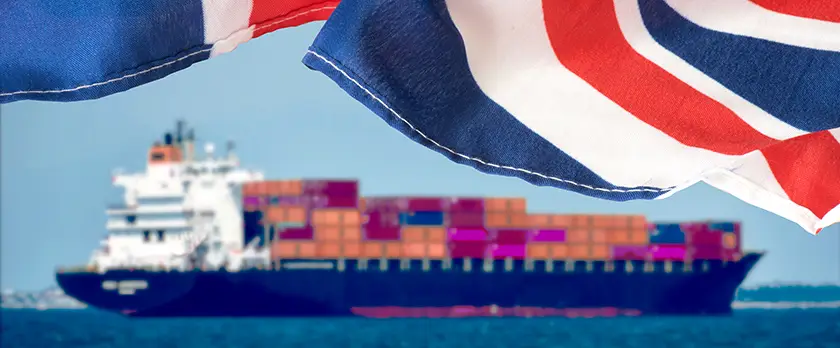UK Exports
You can post goods abroad if your business gets small orders from overseas. For bigger orders, most businesses use a courier or freight forwarder.
UK Exports Quick Contact
Guide to Exporting
Move goods within the EU
You need to complete certain tasks to move goods within the EU
- Check if you need a licence or to follow special rules to export restricted goods from the UK.
- Complete a proforma invoice. Charge VAT if you’d do the same for customers in the UK.
-
Attach the proforma invoice (and licence, if you need one) to your consignment.
You must keep records of proforma invoices and any official paperwork for 6 years.
Tasks for bigger exportersRegister for VAT in the country you’re selling to if you’re distance selling and both:
- the total value of goods is over the country’s distance selling threshold (PDF, 147KB) - in most countries this is €35,000
- you’re selling to consumers (rather than businesses)
If you move goods anywhere within the EU worth over £250,000 in the last calendar year, make an Intrastat declaration. You don’t need to do this if you’re not registered for VAT in the UK.
Export outside the EU
There are more tasks to complete to export outside the EU than within it. You may also need to pay import duty in the country you’re exporting to.
- Check the import rules of the country you’re exporting to.
- Check if you need a licence to export restricted goods outside the UK.
- Find your goods’ commodity code - you’ll need this for your commercial invoice. The code affects any import duty that will be charged.
- Register for an EORI number, if you don’t have one. It usually takes 3 working days. We need the number when you get it. Get an EORI number
- Complete our commercial invoice. When filling in the value of your goods, use the price you’re selling them for (listing separately any freight or export insurance you included in the price). For free samples, use the market value of the goods.
-
Attach the commercial invoice (and licence, if you need one) to your consignment.
We use your commercial invoice to make an official customs declaration. Your goods can be held up in customs if the information you give isn’t accurate.
After you export
You must:
- keep records of commercial invoices and any customs paperwork for 6 years
- pay any tax or duty you owe in the destination country - you won’t usually pay UK duty on exports
If you’re VAT registered, you can zero-rate the VAT on most goods you export to non-EU countries.

